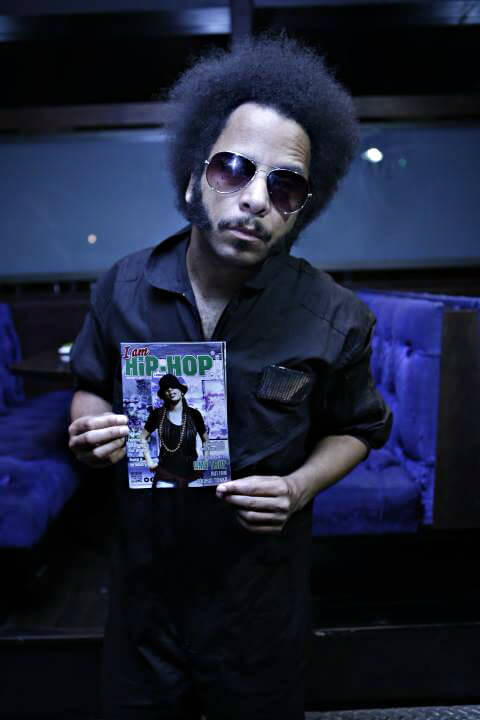 ‘People of Bangladeshi, Pakistani, Indian, Chinese and mixed ethnicities are also at significantly greater risk of dying from Covid-19 than white people’ — The Office for National Statistics (ONS)
‘People of Bangladeshi, Pakistani, Indian, Chinese and mixed ethnicities are also at significantly greater risk of dying from Covid-19 than white people’ — The Office for National Statistics (ONS)
While the world is suffering from the devastating effects of the pandemic, we cannot help but notice the disproportion in numbers between race and the death rate. Black and Asian minorities are three times more likely to die of COVID-19 compared to the rest of the population. This is also true for countries with lower death rates.
Three of the London boroughs with the highest death rates also have the highest number of ethnic minorities, which is a sign of a deeper rooted problem. The disproportion in the USA is even more significant due to the lack of universal healthcare. So much so that it is sparking conspiracy theories that this is a ‘plandemic’ — a ‘planned pandemic’ to reduce the population of ethnic minorities. Looking at the numbers it is hard to argue whether this is completely false in terms of treatment, there is a massive divide. There has been an urgent call into more research into the effects of COVID-19 on black and minority ethnic (BAME) communities
It is too early to determine whether genetic factors are to blame, but either way the effects of racial inequalities clearly have a major role to play.
But why is this? As defined by the Lancet, ‘ethnicity is a complex entity composed of genetic make-up, social constructs, cultural identity, and behavioural patterns’ so it cannot be down to the colour of skin alone. Ethnic minorities make up a vast majority of low-paid labour, which make up many of the key workers, therefore more exposed to obtaining an infection and contracting COVID-19. 70% of Pakistani men are more likely to be self-employed than the white British majority, which means they would currently be out of work. Minority groups are more often low-income families may not be able to afford nutritious meals, spacious housing or a higher standard of life. Culture is also a factor. Many Asian families live with various generations of their families including elderly parents or relatives which may contribute to the high infection rate due to the difficulties in being able to self-isolate. They may also suffer far more greatly from underling health conditions such as hypertension, cardiovascular diseases or diabetes (for which they may have genetic predisposition) and are more likely to die from Coronavirus complications. Those with other health conditions who cannot attend the hospital or a face-to-face doctor’s appointment are also directly impacted by not receiving the care that they need. If they do get to the hospital, there is evidence to show communities of ethnic minorities are often treated differently, therefore racial discrimination within healthcare should also be considered as a factor contributing to the high death rates.
The world will never be the same as we once knew it but from all of this darkness we hope these tragic numbers will force our governments to look at our socio-economic divides and provide a more equal distribution of wealth and opportunities. In other words, a fair chance of survival for us all.






